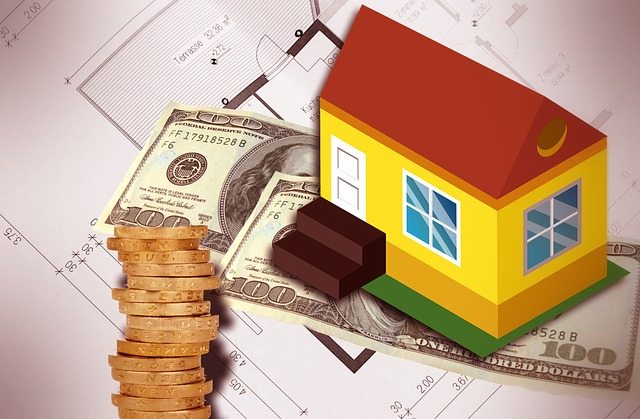While property values are rising across much of the nation, far too many homeowners still find it difficult to avoid overpricing their home. Though this is often caused by emotions getting in the way of cold, hard real estate data, inexperience (first-time home seller) and misinformation (such as Zillow ‘Zestimates’) can also play a role.
Unfortunately, an overpriced home is unlikely to sell. In some parts of the country—where competition for available properties is fierce and bidding wars are rampant—it might not noticeably slow down the process. But in other areas where market conditions have stabilized, a too-high price could result in additional weeks, months or even years waiting for a buyer. And continually lowering the price could eventually lead potential buyers into believing something is actually wrong with your home.
If you’d like to ensure your home is priced correctly from day one, your best bet is to consult with a qualified real estate agent who knows your neighborhood well. He or she will consider renovations you’ve made to your property—such as building an addition, updating your kitchen, adding a bathroom or installing wood flooring—as well as what similar homes in your area are selling for.
These comparable sales, or comps, should be comprised of properties that are as near-identical to yours as possible in terms of floor plan, square footage and amenities. They should also have closed as recently as possible—such as within the last couple of months. If there aren’t any recently sold homes in your neighborhood, your real estate agent can pull older comps and adjust them for the current market. He or she may also find neighborhoods similar to yours in demographics and amenities and then look for comparable properties there.
Armed with this data your real estate agent can then help you determine the best listing price for your property. If you begin receiving offers quickly, you’ll know you priced your home correctly. If you get requests for lots of showings but don’t have any offers, you may want to reconsider the price or have your agent ask the potential buyers about issues/features that may be turning them off once they’re inside the home.
Bonus Pricing Tip
- These days, most potential home buyers start their search online. Usually they (or their Realtor) will search a database for properties under a certain value, which is usually a round number. Keep this in mind when pricing your home. For example, if you’re willing to accept $500,000 but you price it at $510,000, potential buyers searching for homes for $500,000 or less won’t even find it.
If you’re ready to sell your home or just curious about its current value, we’re here to help. Give us a call today for a comparative market analysis.



